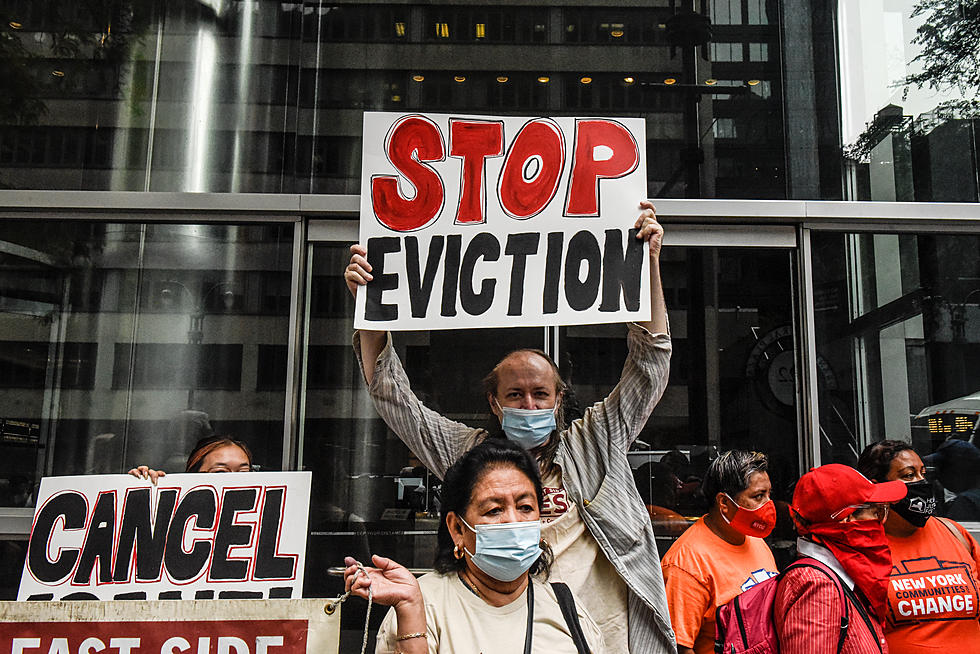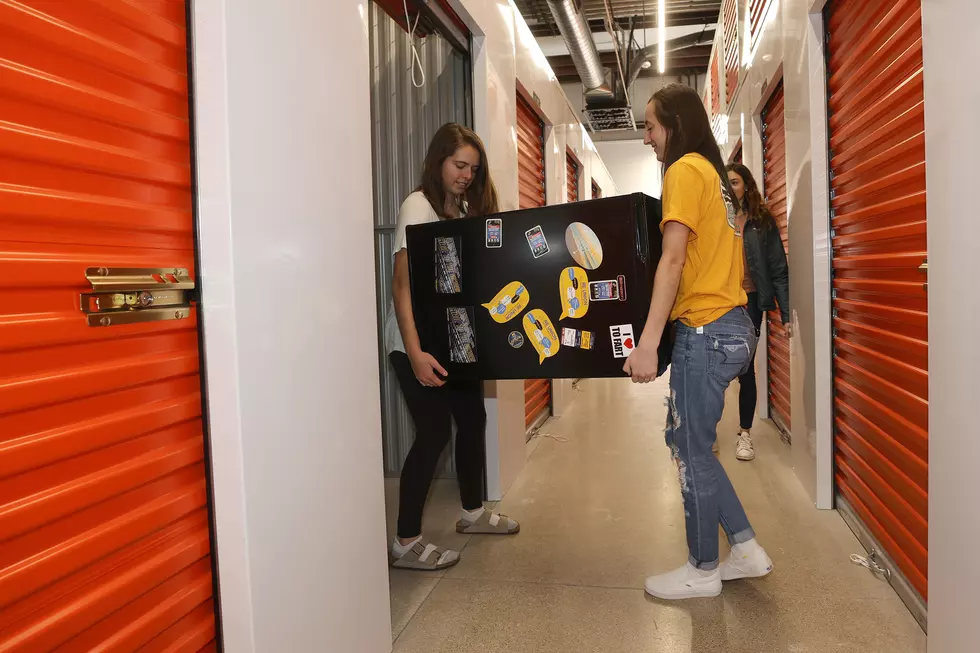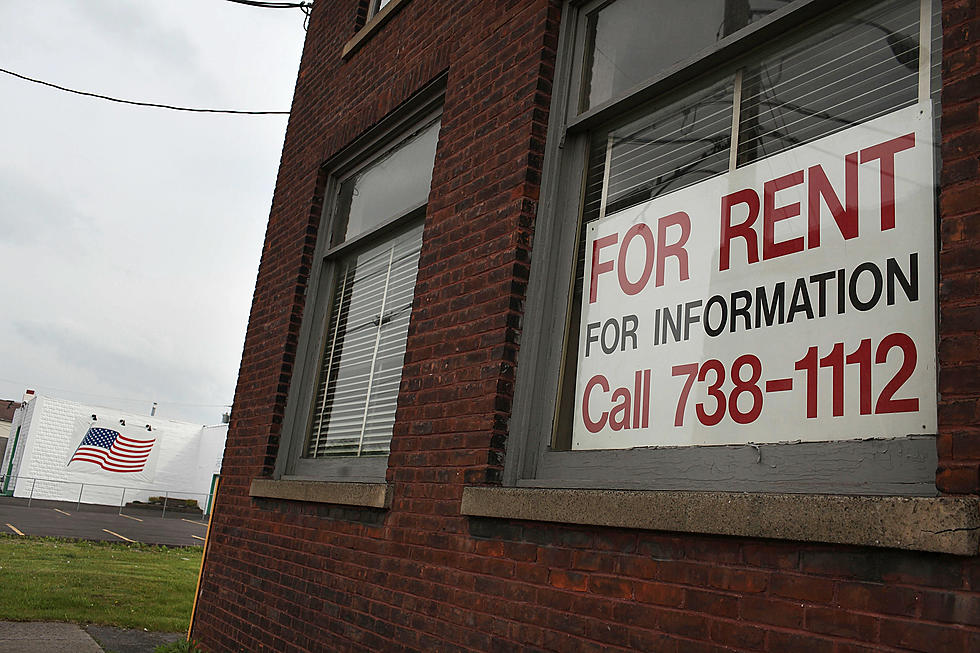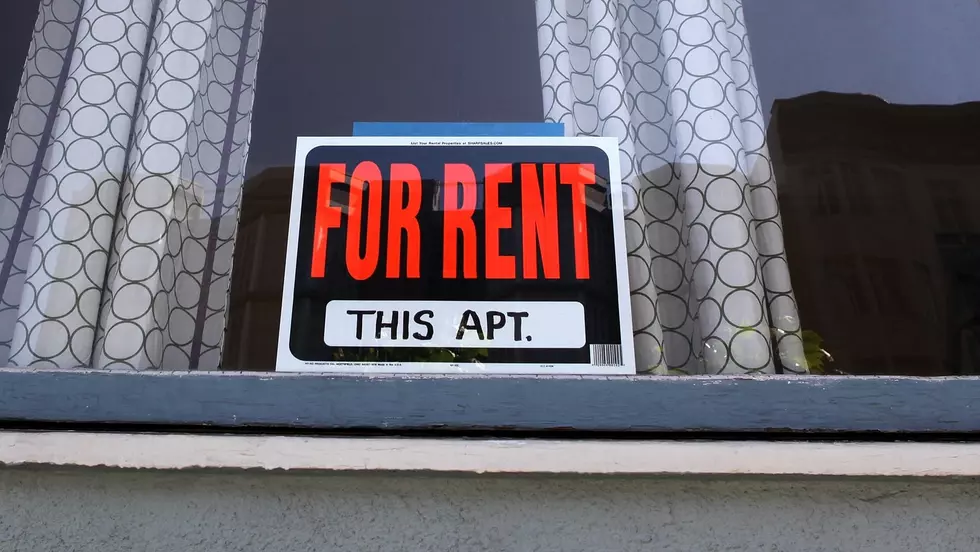
New York Evictions Set to Resume but Where’s the $45 Billion in Assistance?
At the beginning of August the Centers for Disease Control and Prevention extended the eviction moratorium until October 3, 2021. According to the Times Union, that ban would help keep over 3 million, many of them New Yorkers, in their homes. Less than a month later that may be changing yet again.
Spectrum News reports that, under federal law, the CDC lacked the authority to impose a moratorium on evictions unless Congress authorized it. Now the Supreme Court’s majority is allowing evictions to resume across the United States. This prevents the Biden administration from enforcing a temporary ban that was put in place because of the coronavirus pandemic.

With the Supreme Court allowing evictions to resume, tenants throughout the Capital Region face having to find somewhere to go or potential homelessness. One thing that would help both renters and landlords is the Emergency Rental Assistance Program which was set up to keep families in their homes.
Over $45 billion have been allocated directly to states and local governments. This money is supposed to help you pay rent or utilities. The problem here is, those funds are NOT being sent to the people in need!
USA Today reports that nearly 90% of federal rental assistance approved by Congress during the COVID-19 pandemic remains unspent. President Joe Biden has encouraged states and cities to get the money out faster yet there it sits. Maybe this will give perspective, according to the Treasury Department:
- $47 billion sent to states and cities
- $1.5 billion sent to landlords and renters in June
- $1.7 billion sent to landlords and renters in July
- $5.2 billion combined funds have been sent out by states and cities
- In other word, $40 billion (89%) remains unspent
The eviction moratorium was created to help keep New Yorkers in their homes and out of homeless shelters. If we could allow residents to shelter at home, even after the loss of a job, we would help stop the spread of the COVID-19 virus.
LOOK: What are the odds that these 50 totally random events will happen to you?
50 Most Popular Chain Restaurants in America
See How School Cafeteria Meals Have Changed Over the Past 100 Years
More From Lite 98.7









